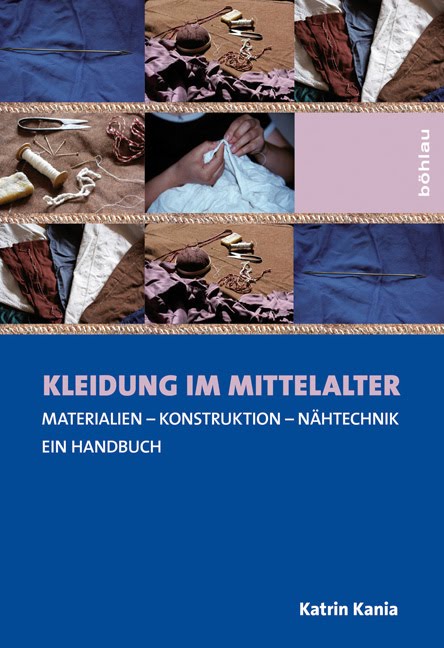The last few years that I've been at conferences, I have seen quite a few different ways of handling conference name tags.
Name tags are a wonderful thing. Not only are they a wonderful help for those who have trouble remembering faces, names, or both (where both is obviously the worst possibility), they also can serve as an icebreaker help (such as "Oh, you are from ... - I always wanted to see Museum X (or whatever else) there). (Yes, I know, not the smartest opening of them all, but still) or they can help finding someone you have always wanted to meet.
What has irked me, sometimes, is the labeling for those who are not affiliated with a Uni or similar institution. I then went around as "Independent Researcher", and somehow I felt like a sore thumb. Or something else that sticks out.
Being independent does, obviously, have its plus sides - there is no uni politics or uni programme making you do things that you don't want to research, you can pick which conferences you go to, you are very free in how you schedule stuff and who you team up with. On the other hand, it means that you lack a lot of opportunities and a lot of support, because it really can make a difference having an institution or a Big Name behind you - or not. And in the worst case, if you do not have (good) access to a library, you have to pay for all the literature access yourself.
On that note, here is something that is nice for everyone, but especially for independent folks: Cambridge Journals is having Free Access weeks for everything published in 2012 if you register at their site. The free access is available until March 5, so there is quite a bit of time to make use of it. There's a promo code you have to enter during registration for the free access, so do not forget to do that if you take up the offer!
Subscribe to:
Post Comments (Atom)





2 comments:
In the U.S.A. it's usually "Independent Scholar", and yes, it can be very frustrating to be one. One of the nice things about the Medieval Congress at Kalamazoo is that it's relatively independent-friendly: for the most part you're judged on how good your work is, not your University affiliation (or lack thereof).
I now work for a University, but in a field completely unrelated to my medieval research areas. I'm very grateful for the library access, however. I did without it for far too long.
This reminds me how incredibly lucky we are in Sweden, where the university libraries are public and free of charge, you don't need a connection to the university to use them. Even ILLs don't cost anything.
Post a Comment